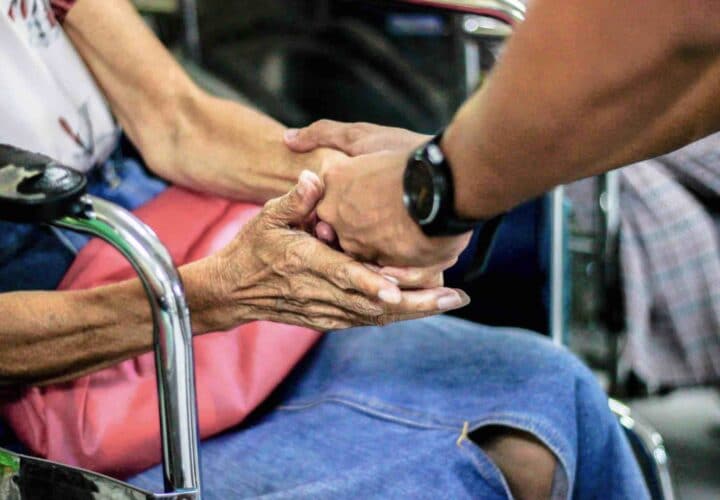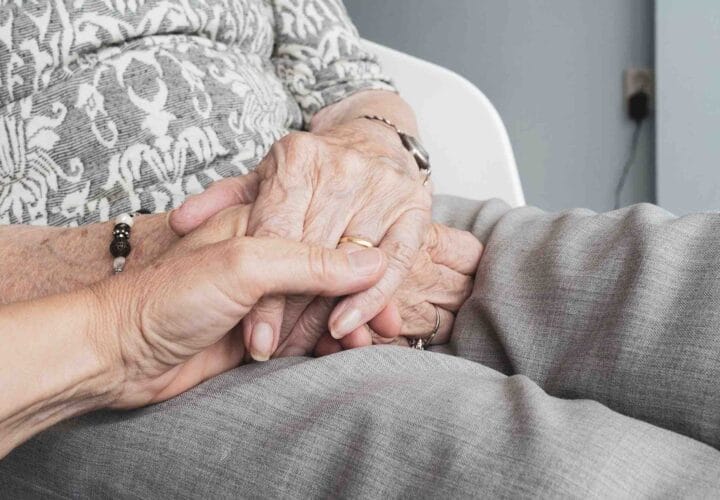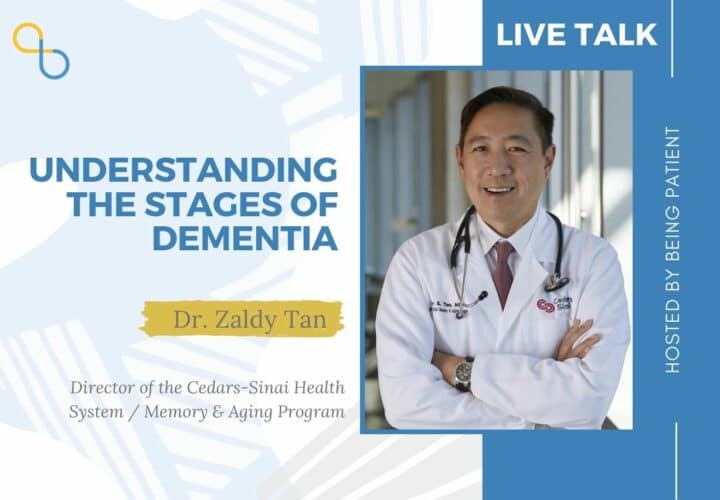Teepa Snow devoted her life to developing tools for caregivers so they can better understand dementia and support their loved ones living with the disease. Her wisdom is summarized in her forthcoming book, 'Understanding the Changing Brain: A Positive Approach to Dementia Care.'
Caregiving expert Teepa Snow knows from experience: There isn’t a one-size-fits-all approach to guide caregivers of people with Alzheimer’s or related dementias. In her upcoming book, Understanding the Changing Brain: A Positive Approach to Dementia Care (out September 14, 2021), Snow explains the cognitive changes that accompany dementia. And it isn’t just for an intro neurology lesson: She demonstrates that how caregivers, family members and friends respond to these changes can set the tone for care, either causing distress or creating more pleasant and productive interactions.
In a LiveTalk with Being Patient in advance of her book, Snow offered three lessons that will help set caregivers on a positive track.
1. Reframe your approach
It can be upsetting when a loved one no longer remembers their child or partner, so it makes sense for a caregiver to react with frustration, anger, or even disappointment.
In a LiveTalk with Being Patient, Snow suggested keeping those types of reactions internal, giving a caregiver a moment to feel their natural response and then reframe what they’ll say aloud. A caregiver may ask the person whether or not they look familiar to them, if they seem friendly or kind, or if their voice sounds like someone they know. This helps establish a positive conversation wherein the caregiver can introduce themselves: “I’m somebody who loves you. My name is Teepa.”
The conversation could go on from there, she said, during which a caregiver may be asking questions about themselves in the third person. It may come to a place where the person being cared for remembers they have a daughter or brother or partner, but cannot make that connection to their caregiver.
While disappointing, she said, it’s more important in that moment that this person knows the caregiver is there to be with and support them.
2. Slow things down
Most caregivers will routinely find themselves repeating information they may believe to be obvious or simple to grasp: appointment times, whether the person brushed their teeth that morning, and so on. But a person living with Alzheimer’s or related dementias is no longer able to take seemingly basic information and store it in what Snow called their “filing cabinet.” The damage dementia causes to the hippocampus causes their working memory to get shorter and shorter.
Rather than becoming exasperated after repeating the same information multiple times, Snow recommends that a caregiver pause in this instant, and ask the same question back to them. “Mom, you’re wondering if you already brushed your teeth this morning?” Snow said, “You’ve got to slow it down, because it pauses your loved one—it gives them a chance to realize you’re asking this question.”
She also suggested using visual cues that mimic the question, which may make it easier for your loved one to understand and respond.
3. Recognize the feeling of being out of control
A person with dementia will become increasingly reliant on others to complete tasks they once did themselves — tasks over which they had control. Whether it’s trying to remember what their day is going to look like, or sitting as a passenger in the car, things are happening quickly, and they may not feel like they have time to react or respond to it all. These moments can cause frustration and distress.
For example, if they are used to driving the car and know that approaching a red light means they need to stop, being a passenger doesn’t change this instinct but removes their power to control the outcome. “She’s always been in control, so for her to look away from the front to you, she’s thinking, ‘Oh my God, I’m going to lose it!’,” Snow explained. “She doesn’t have a way to stop anything from happening other than yelling. What is being triggered is the primitive brain’s desire to be safe.”
In these moments of distress, for both the caregiver and the person they’re caring for, the thing a caregiver can control is their own reaction — the ability to choose a reaction that can calm their loved one. It may be as simple as holding their hand and reminding them they are safe. Playing familiar music may bring calm.
According to Snow, shifting everyone’s focus to something positive and familiar not only gives the caregiver tools to support their loved one; it also builds new coping mechanisms for the caregiver.



